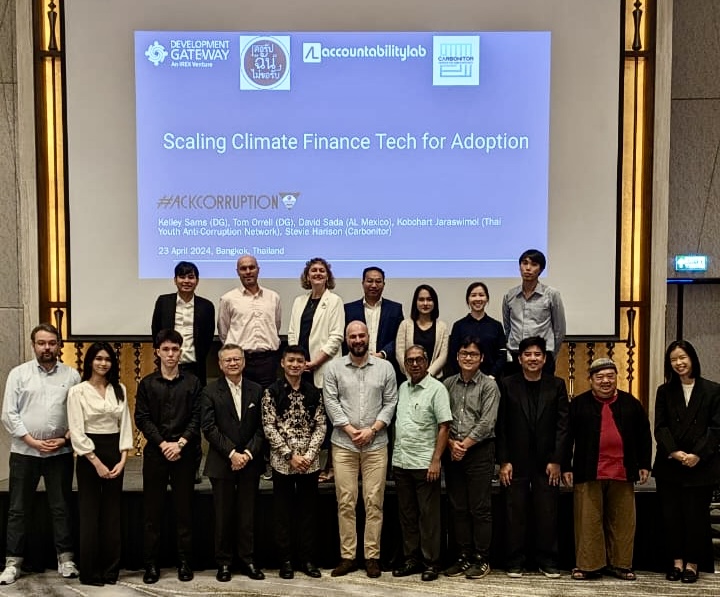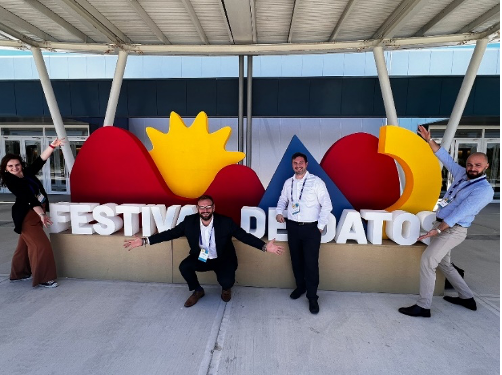Fostering a “Data Culture”
This post continues coverage of breakout sessions held at the 7th Annual Aid Management program Good Practices Workshop in Kathmandu, Nepal.
At the crux of the Data Revolution is an increased use of data for government decision making. However, this tenet is often coupled with the assumption that a data-driven culture already exists.
The Importance of Access
When asked how domestic data use could be ramped up, a representative from the Government of Malawi underscored the need for accessible data. Infrastructure limitations, such as spotty Internet connectivity or expensive technology, curb the ability to review – let alone analyze – information. In Malawi’s case, the government is currently grappling with making technology and accessibility affordable.
But is having both data and citizens online enough?
Encouraging Data-Driven Decision Making
Increased data availability does not guarantee an increased uptake or usage. As pointed out by a Government of Niger representative, removing access constraints does not automatically shift a bureaucratic or civic culture. Using data in decision making is a skill that needs to be learned, just as much as cleaning or verifying datasets and it requires a supportive culture.
So how do we shift from qualitative to quantitative decision making? With partner governments, Development Gateway is working to catalyze data uptake through identifying “data champions” – high-ranking officials in government departments who push their peers towards data-driven decision making. Importantly, building a data culture and improving accessibility are not mutually exclusive; both can be tackled in tandem, and are vital to making the Data Revolution work for everyone.
Image: Government of Malawi Representatives at #AMPWS2014.
Share This Post
Related from our library

The Future of Technology Governance and Global Development: Why DG Brought DataReady In-house
DG is excited to announce we now have more robust data governance advisory services with the recent integration of DataReady.

Letting the Sunshine in: Building Inclusive, Accountable, and Equitable Climate Finance Ecosystems
In April, DG, HackCorruption, and the Thai Youth Anti-Corruption Network hosted a roundtable in Bangkok to discuss climate financing. This blog explores the main takeaway: a multi-disciplinary and multi-stakeholder approach that prioritizes local contexts, inclusive governance, transparency, accountability, and equitable distribution of resources is essential to impactful climate financing.

Developing Data Systems: Five Issues IREX and DG Explored at Festival de Datos
IREX and Development Gateway: An IREX Venture participated in Festival de Datos from November 7-9, 2023. In this blog, Philip Davidovich, Annie Kilroy, Josh Powell, and Tom Orrell explore five key issues discussed at Festival de Datos on advancing data systems and how IREX and DG are meeting these challenges.